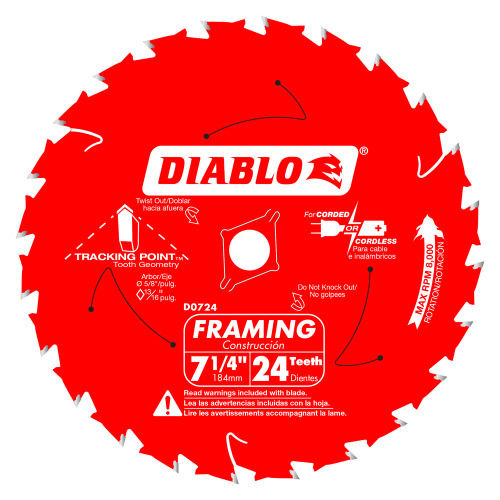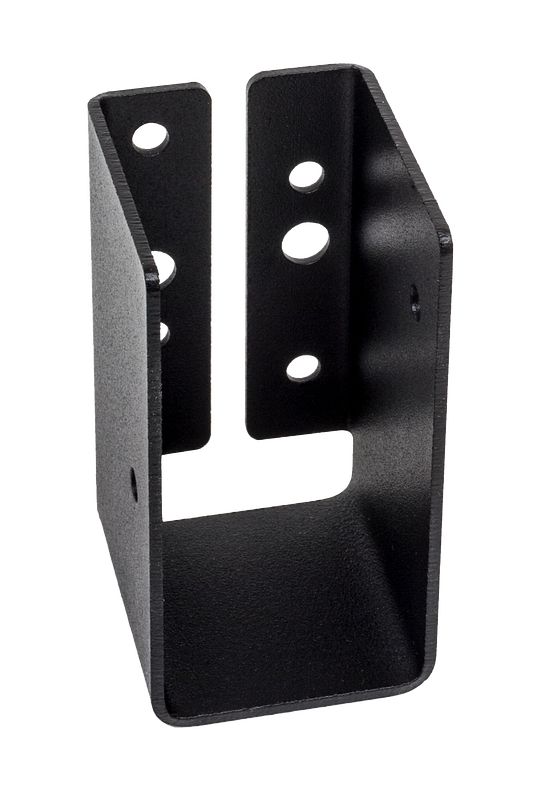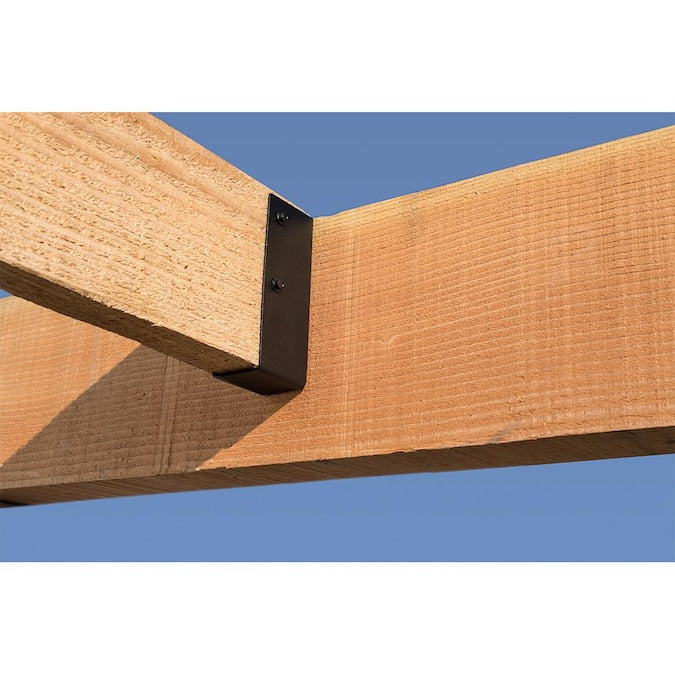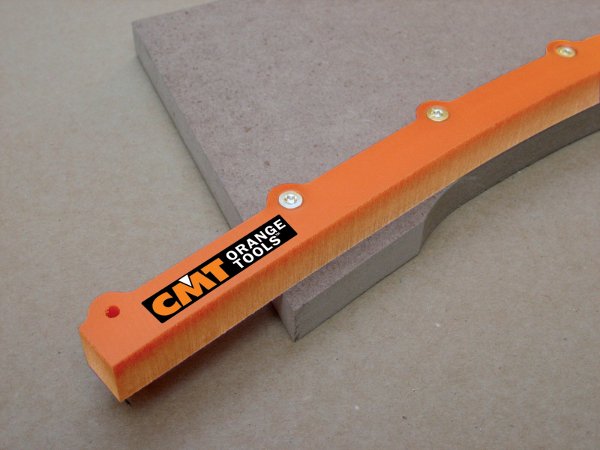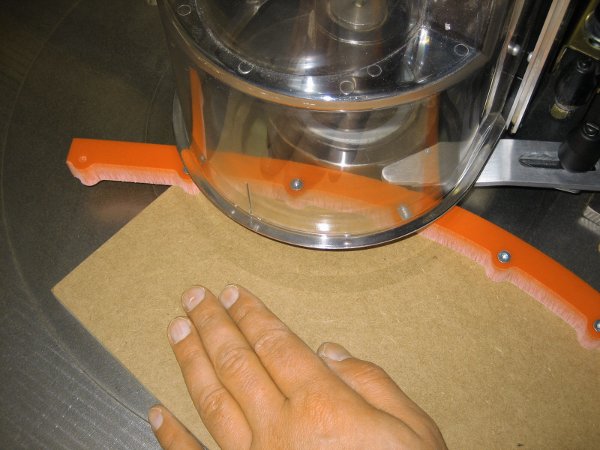Joining metals often involves the methods of soldering and welding. While both processes are used to bond materials, they serve different purposes and are suitable for varying applications. This article explores the critical differences between soldering and welding, providing you with a clear understanding to make informed decisions for your projects.
What Is Soldering?
Soldering is a process that involves joining two or more metal items by melting and flowing a filler metal into the joint. This technique is typically used in electrical and plumbing work. The filler metal, known as solder, has a lower melting point than the workpieces, ensuring that the workpieces themselves do not melt. Soldering is usually performed at temperatures below 840°F (450°C).
Applications of Soldering
Commonly used in electronics, soldering connects wires and components on circuit boards. It is also prevalent in plumbing for joining copper pipes. Additionally, jewelers often use soldering to create intricate designs in gold and silver.
Soldering offers several advantages, such as:
- It minimizes the risk of damaging sensitive components.
- It requires minimal equipment and is relatively simple to learn.
- It is a low-cost solution for small-scale or precision applications.
What Is Welding?
Welding, on the other hand, involves joining two or more metal pieces by melting their edges and fusing them, often with the addition of a filler material. This process typically operates at much higher temperatures than soldering, frequently exceeding 2,500°F (1,370°C). There are various welding techniques, such as MIG, TIG, and stick welding, each suited to different types of metals and thicknesses.
Applications of Welding
Welding is essential in construction and manufacturing for fabricating structures, vehicles, and machinery. It is also crucial for repair work in various industries, including automotive and aerospace.
Key advantages of welding include
- Strong bonds: It creates robust and durable joints that can withstand heavy loads and stresses.
- Versatility: It can join a wide range of materials, including steel, aluminum, and stainless steel.
- Wide applications: It is suitable for both thick and thin materials and is used in many industries.
Differences Between Soldering and Welding
Temperature and Technique
- Soldering: Uses lower temperatures, melting only the filler metal.
- Welding: Requires higher temperatures to melt both the base materials and the filler metal.
Strength of the Joint
- Soldering: Produces joints that are sufficient for electrical connections and small fittings but not suitable for high-stress applications.
- Welding: Creates very strong joints capable of withstanding significant mechanical stress.
Applications and Materials
- Soldering: Ideal for delicate tasks, such as electronics and small-scale plumbing.
- Welding: Suitable for heavy-duty tasks, including construction and industrial fabrication.
Equipment and Skills
- Soldering: Requires basic tools and is easier to master.
- Welding: Needs specialized equipment, such as a welding table like the Baileigh WJT-3939 39" x 39" 2D Steel Welding Table, and demands more expertise and training.
Choosing Between Soldering and Welding
The choice between soldering and welding depends on the project's requirements, including the types of materials involved, the desired strength of the joint, and the available equipment. For instance, if you are working on an electrical project or a small plumbing job, soldering is likely the best choice. On the other hand, for constructing a steel frame or repairing a car chassis, welding would be more appropriate.
If you are looking for high-quality welding tools, consider the Baileigh WP-1100 110V 19.5" Welding Positioner, 1100 lbs Capacity, and 90 degrees for precise positioning and ease of use in your welding tasks.
Understanding the differences and applications of soldering and welding is crucial for selecting the right technique for your needs. Whether you're working on a delicate electronic component or a robust structural project, knowing which process to use can make all the difference in the quality and durability of your work.
At Factory Direct Supply, we offer a wide range of soldering and welding equipment to meet your project requirements. Visit our website to explore our extensive catalog and find the right tools to ensure success in your next project. If you have any questions or need assistance, feel free to contact us—we're here to help!


